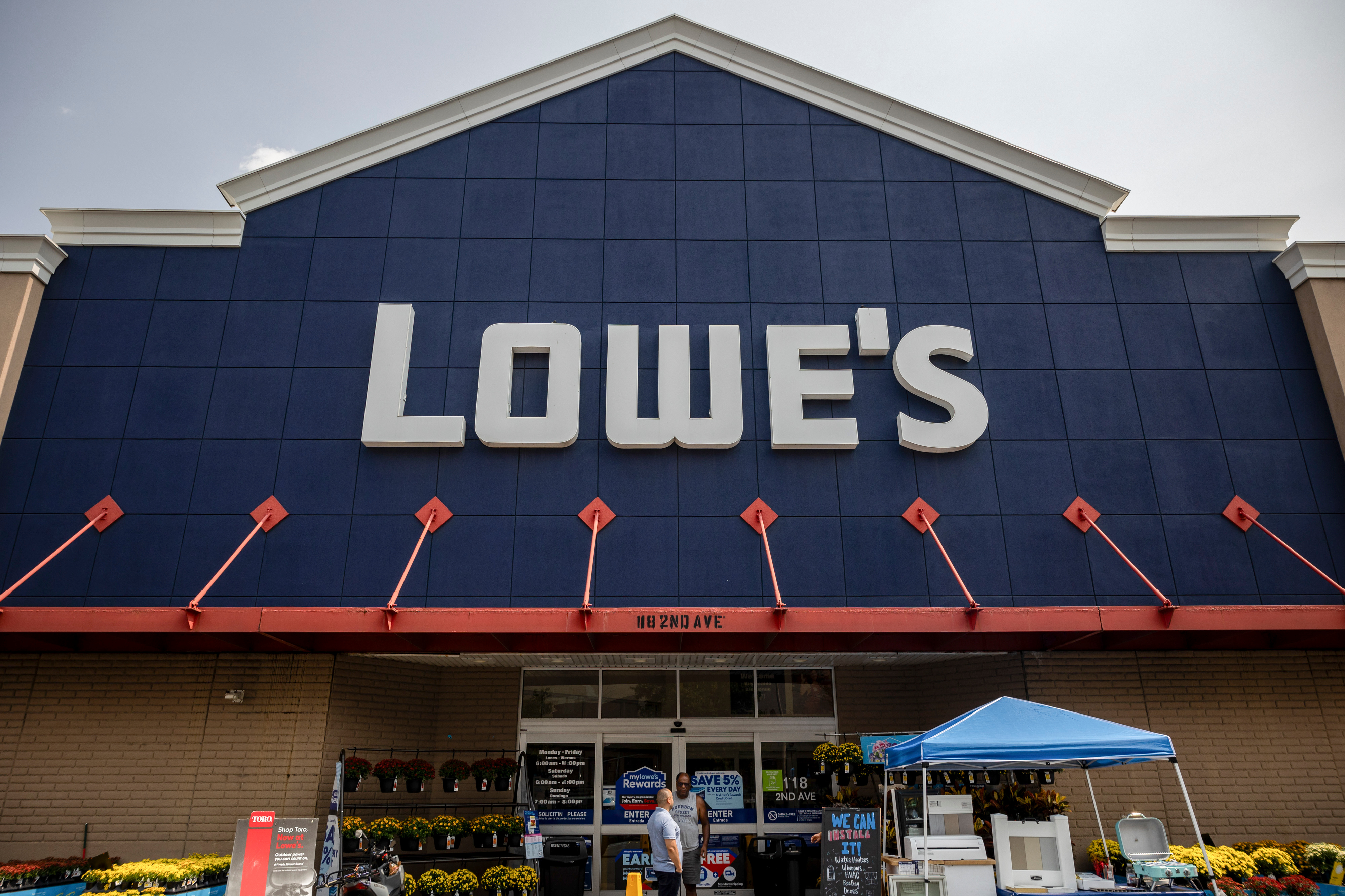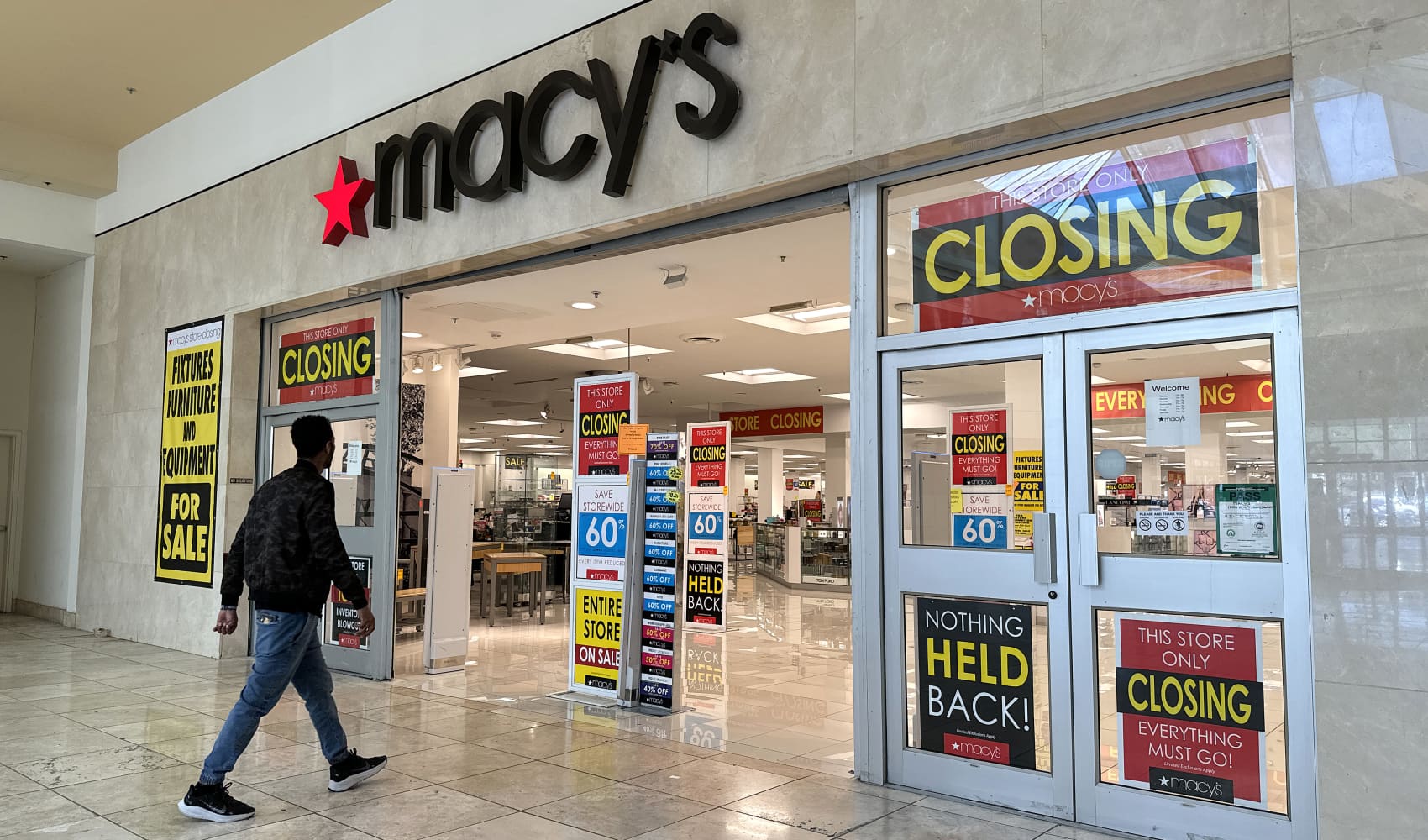NEW YORK –– The Wall Street meltdown is creating an identity crisis for arenas and teams that have received millions of dollars for trumpeting the names of financial companies that are now collapsing.
The Wachovia Center arena in Philadelphia, WaMu theaters at Madison Square Garden and in Seattle are among the venues with names facing an uncertain future. With the AIG name still on their jerseys, the soccer players of Manchester United — a British team — face the unusual prospect of advertising a company that is now under the control of the American government.
Sponsorships and naming-rights deals have long been regarded as good marketing, but struggling companies may now have to face a dubious public wondering why, exactly, scarce funds are tied up in sports deals.
And while the public image of an arena or venue might emerge unscathed, "I would think that would be the top order of the day to get that (name) switched over," said Rob Vogel, president of The Bonham Group, which helps broker sponsorship and naming-rights deals. "It's in everyone's best interests to get that rebranded as quickly as possible."
It's unclear at this point when or how a shakeup of stadium names might occur, because the market turmoil is so recent.
When Enron Corp. imploded following a massive accounting fraud, the Houston Astros were quick to scrub the company's name from the team's stadium, called Enron Field. Name switches resulting from a simple merger can take years, but the Astros bought out the fallen company's contract and Enron Field was rechristened Minute Maid Park within months.
If Citigroup Inc., which agreed to buy Wachovia Corp.'s banking operations Monday, was to change the name of the Wachovia Center, the home of the Philadelphia Flyers and 76ers, that could mean around $1 million in costs for installing new signs, giving employees new uniforms, and designing new logos, Sherwood estimated.
Business
With major naming-rights contracts lasting for decades, these kinds of name changes are not unusual. Any new name on the Wachovia Center would be the fourth since 1994, following a series of bank mergers.
"We've been going through this for years, because banks have been sold and bought at a pretty rapid pace anyway," said Sherwood, whose office is in the building.
Company failures, too, have left their mark on sports stadiums. The Tennessee Titans' Adelphia Coliseum became "The Coliseum" and then eventually LP Field following a deal with Louisiana-Pacific Corp. Adelphia filed for bankruptcy amid a corruption scandal.
And the Baltimore Ravens had to change the name of their stadium — PSINet Stadium — after the Internet company filed for bankruptcy. The stadium is now named after M&T Bank.
Wachovia spokeswoman Mary Beth Navarro said the company would be working with Citigroup to make future plans, with sponsorship deals continuing as usual — "for now." A Citigroup spokeswoman said it was too early to speculate what might happen to the Philadelphia arena.
And for now, it appears that the players of Manchester United will keep the American International Group name on their uniforms. A Manchester United spokesman said there have been no discussions about AIG buying out the deal, and there are no plans for changes to the uniform. A spokesman for the insurer, Joe Norton, said "nothing has changed" with the deal.
But the team is extraordinarily lucrative, and the annual income that AIG provides for sponsorship is half of what the team paid this month for a single player.
A message left for a Washington Mutual representative went unreturned, while a Madison Square Garden spokesman said operations at WaMu Theater would not be impacted. WaMu failed and was bought by JPMorgan Chase.
Companies will likely take some time to evaluate their new portfolios and decide what to do with the naming deals that have gotten caught up in the economic turmoil, Vogel said, adding that some will likely seek to buy their way out of the agreements.
In all, the financial crisis will probably change the naming-rights industry, which for more than a decade has relied primarily on banking, finance and insurance companies, Vogel said.
"There's going to be fewer options out there," he said.
And financial corporations may find themselves having to defend their sponsorship deals to anxious and angry investors.
Citigroup, which has lost a total of $17.4 billion during the last three quarters and attracted concern from investors, signed a 20-year naming deal for the Mets' new stadium that is reportedly worth more than $400 million.
Despite the tough economic times, spokeswoman Christina Pretto said the banking giant remained "very pleased" with the arrangement.
"In terms of investment, it's still a good deal," said Stephen Ross, professor of sport marketing at the University of Minnesota. But "how do you explain to a shareholder — or a taxpayer now — that the money went into sports endeavors?"
___



